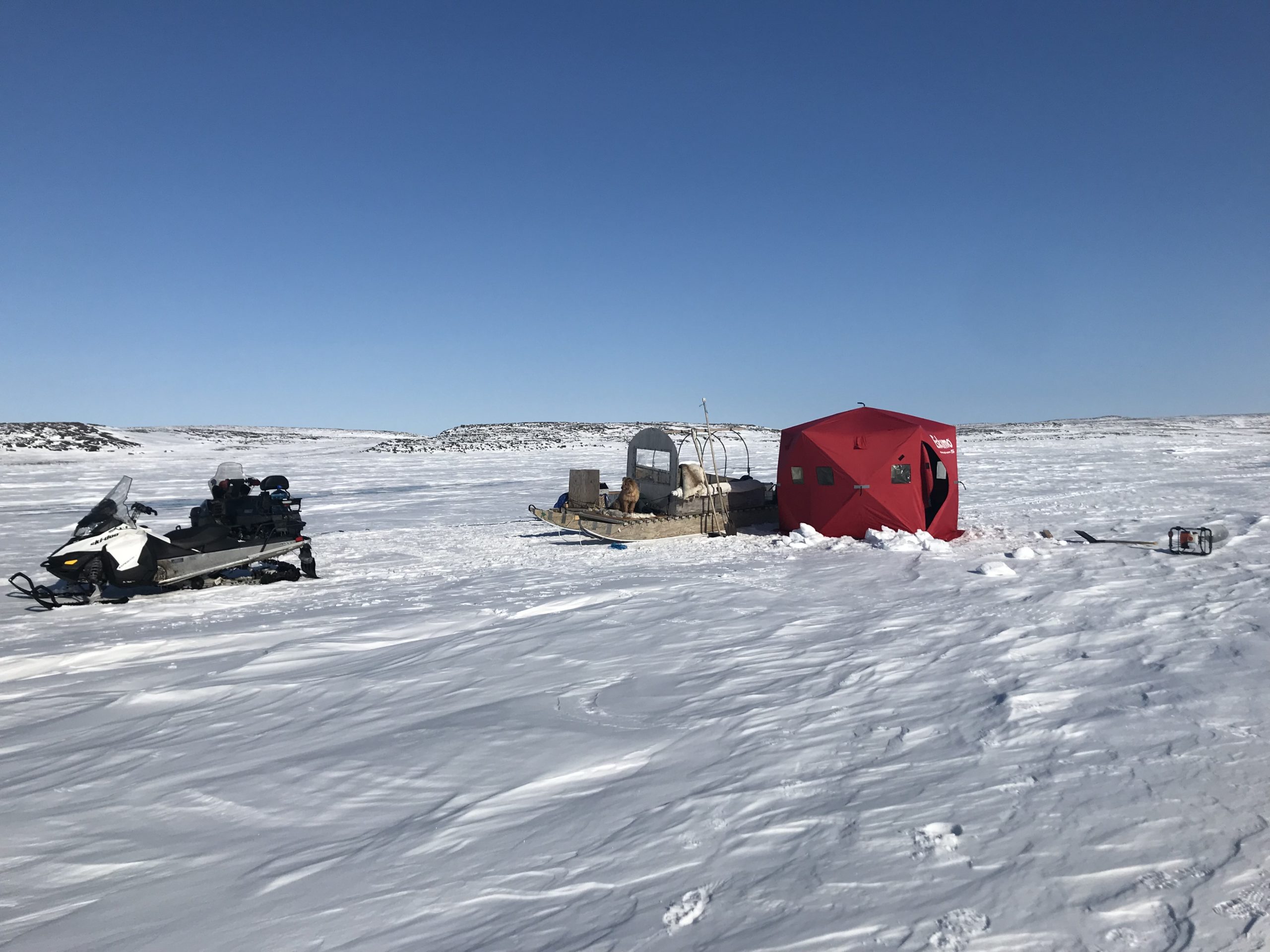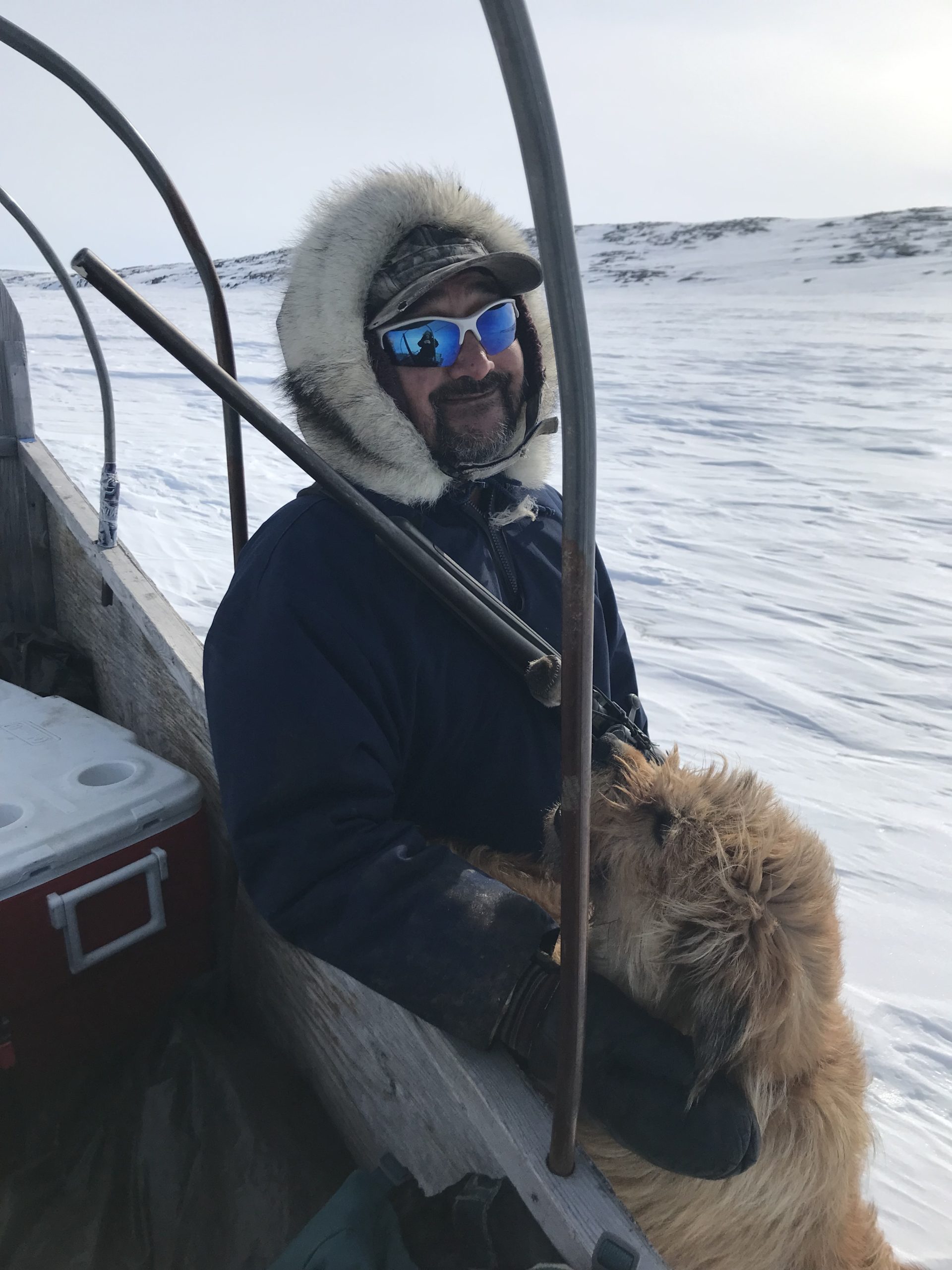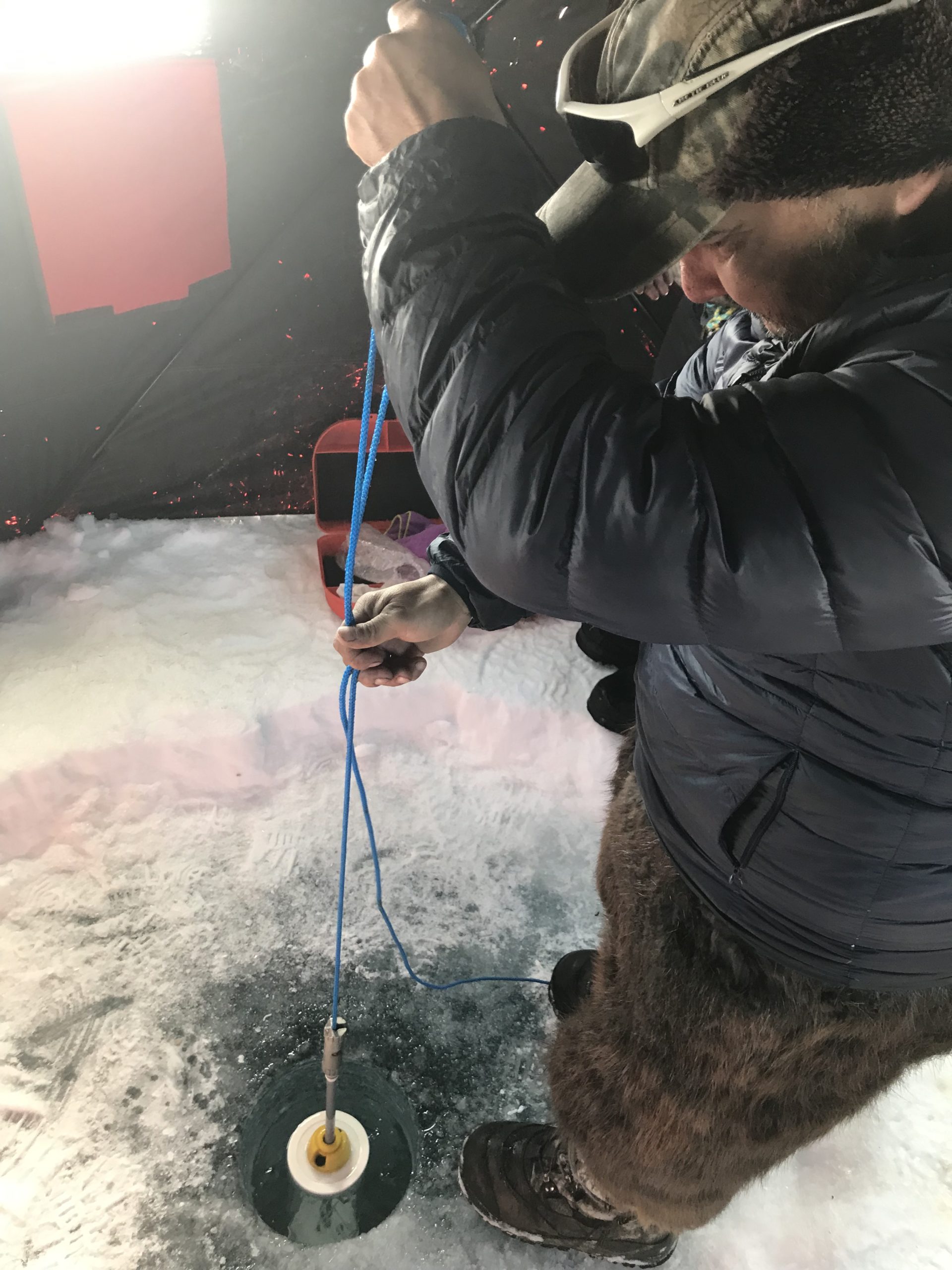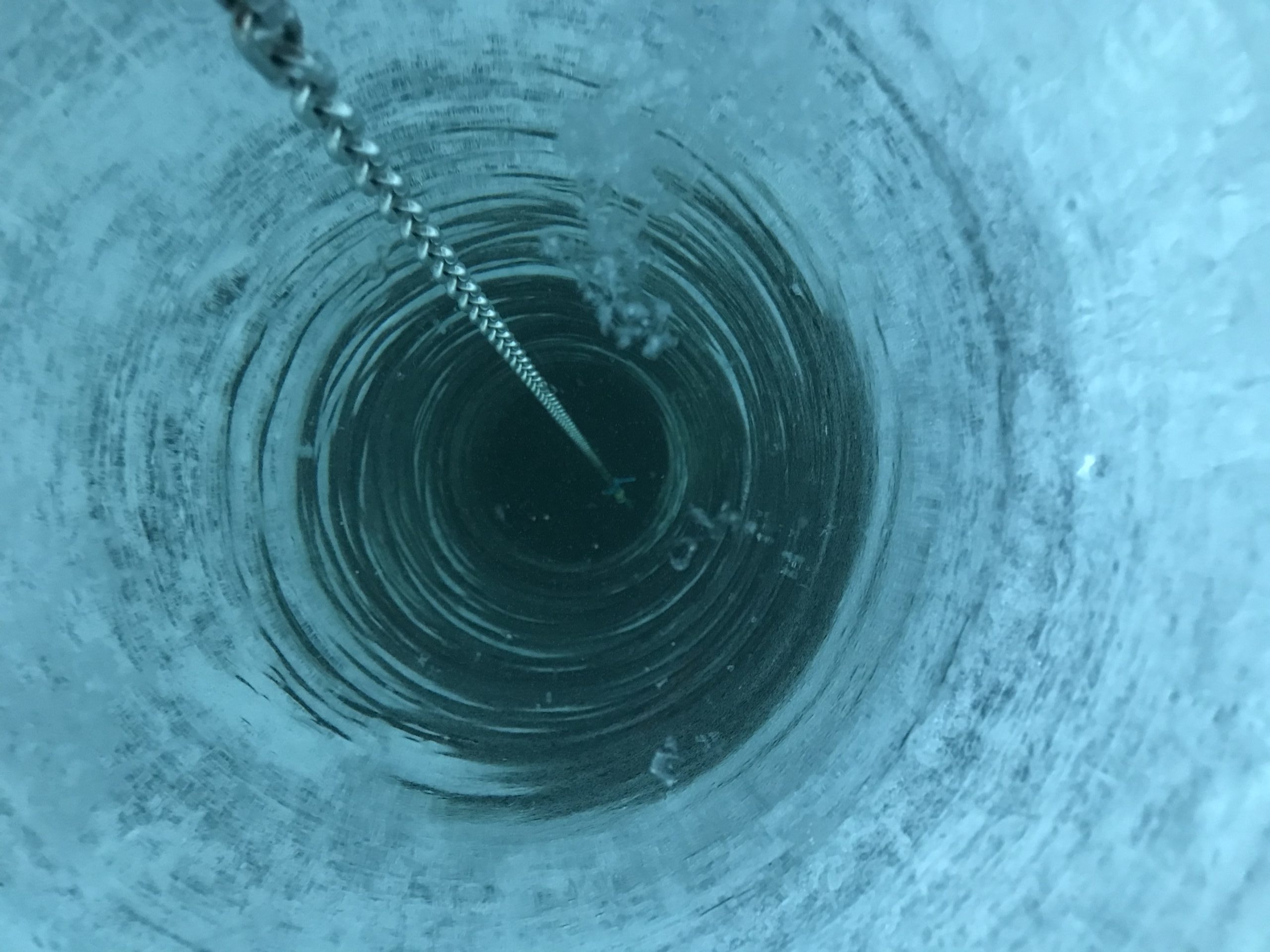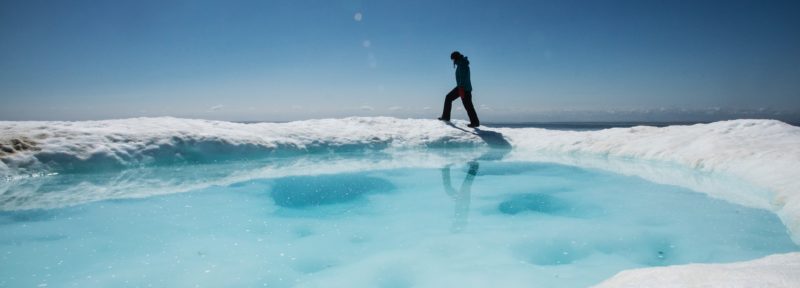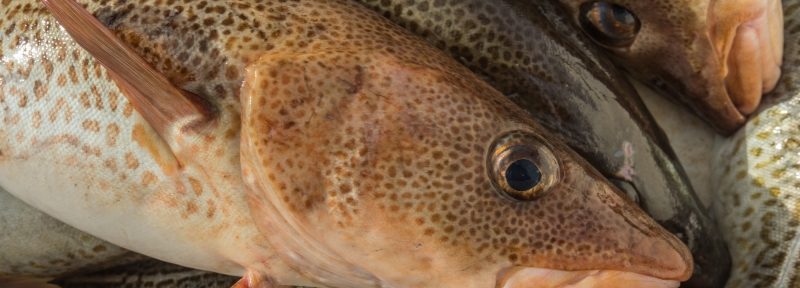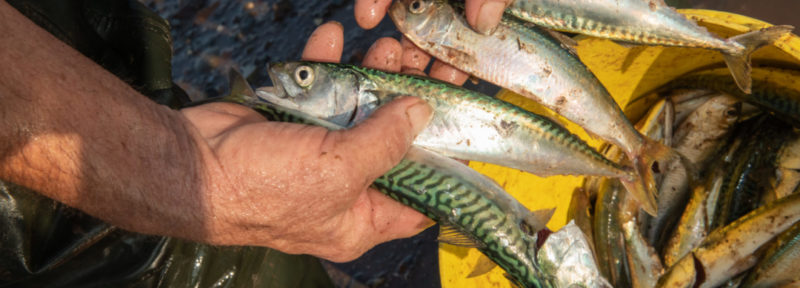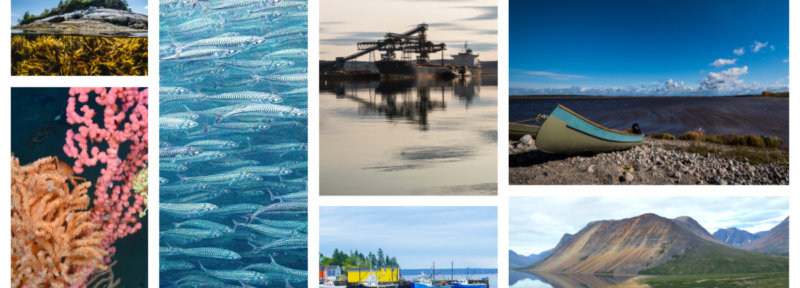New Nunavut Water Monitoring Project Studies Habitat of Arctic Char
Researchers' tent set up near water sampling site for Arctic char study.
Crédit : Annie Eastwood.
Johnny Tagornak, co-leader of the Arctic char research project, with his dog Qimiala.
Crédit : Annie Eastwood
Arctic char, a cold-water fish species, thrive in Arctic lakes, rivers and coastal waters. So far, climate change appears to have had little impact on Arctic char in the waters near Naujaat and are known for their exceptional taste, texture and vibrant colour.
“It’s important to do research on the fish habitat for the community, as these fish are one of our main sources (of nutrition) in our diet,” Johnny said.
Johnny began collecting water samples by boat from five lakes, and the rivers that link them to Hudson Bay, in September 2021. He also deployed special equipment called Conductivity Temperature Depth (CTD) sensors that measure the salinity of the water as well as temperatures.
In May 2022, Annie Eastwood, a field scientist with Oceans North, joined Johnny in collecting a second set of water samples and data. Johnny and Annie traveled by snowmobile from Naujaat over the snow-covered tundra to the lakehead sites. There, they drilled through more than six feet of ice using an auger to reach the water for sampling.
“There are some challenges trying to collect data,” Johnny said, referring to the unpredictability of “Mother Nature” and ice conditions.
Johnny Tagornak, co-leader of the Arctic char research project, deploys a device to collects water samples.
Crédit : Annie Eastwood.
Upon their return to Naujaat, the water samples were filtered into smaller bottles to be sent to the University of Manitoba in Winnipeg for analysis. Over this summer and fall, Johnny will return by boat to the monitoring sites to obtain additional samples.
Arctic char spend winters in northern lakes and then migrate through river systems to coastal waters in the summers. Local fishermen like Johnny have noticed that the timing of this migration is unique to each river, and that the summer habitat of Arctic char also varies. The water monitoring project will study the physical and chemical properties of the rivers that drain into Repulse Bay in relation to these migration patterns, as well as the coastal marine habitat.
The project is being funded by a grant from the Inuit Qaujisarnirmut Pilirijjutit to support Inuit-led research. The Centre for Earth Observation Science at the University of Manitoba focuses on research about the impact of climate change on our planet.

